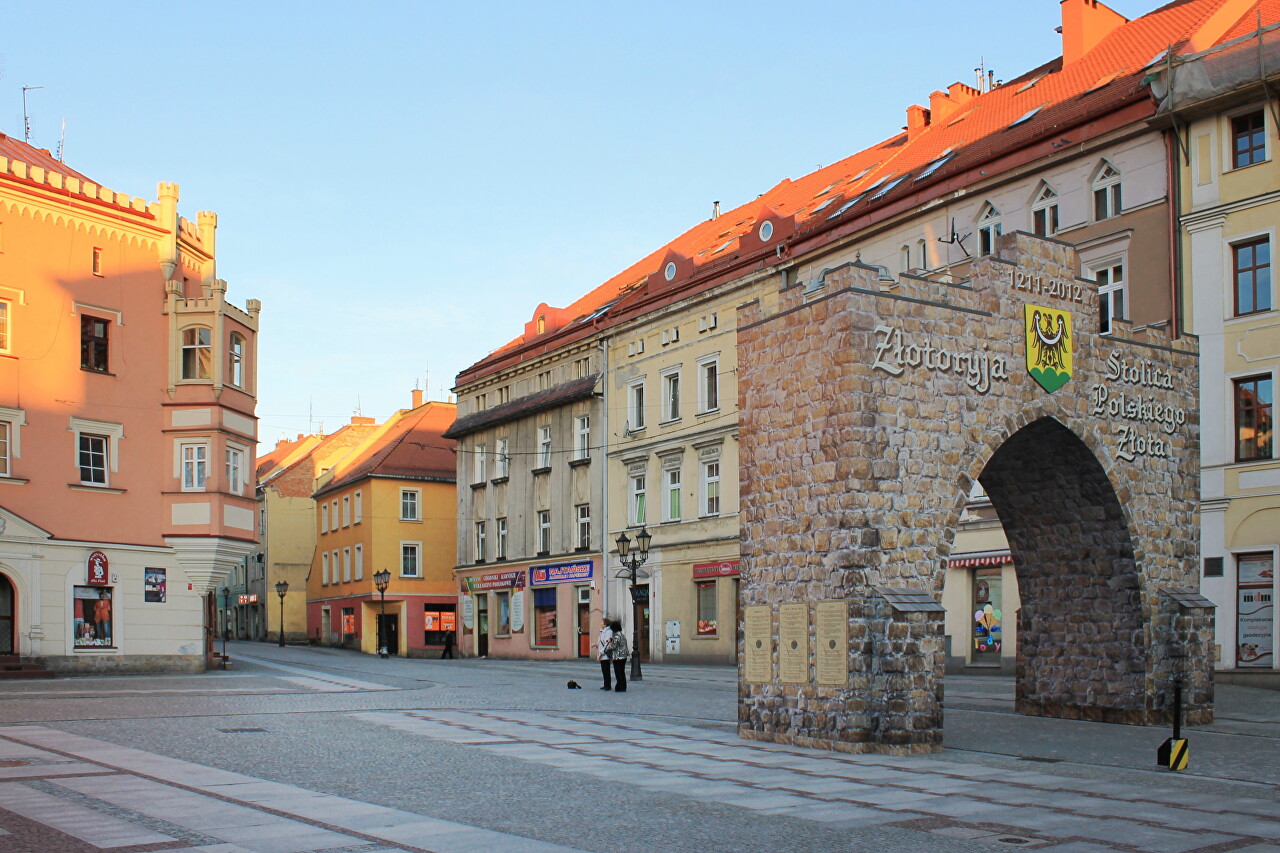Złotoryja, the Oldest Polish City
Złotoryja is a small town in southwestern Poland, in the province of Lower Silesia, on the Kaczawa River, with a population of only about 16,000 inhabitants. From the eighth to the tenth century, the Trzebowiane (South Slavs of the Czech group) lived in these lands. At the end of the 12th century, a colony of German prospectors settled on the banks of the Kachava River, rich in gold placers, and named their settlement Goldberg (Goldberg, golden mountain). In 1211, Prince Henry I of Greater Poland, the Bearded, approved the charter of the settlement, written according to the principles of Magdeburg law. This is the earliest documentary evidence of obtaining such a status in Poland, so Złotoryja is considered the oldest city in Poland.
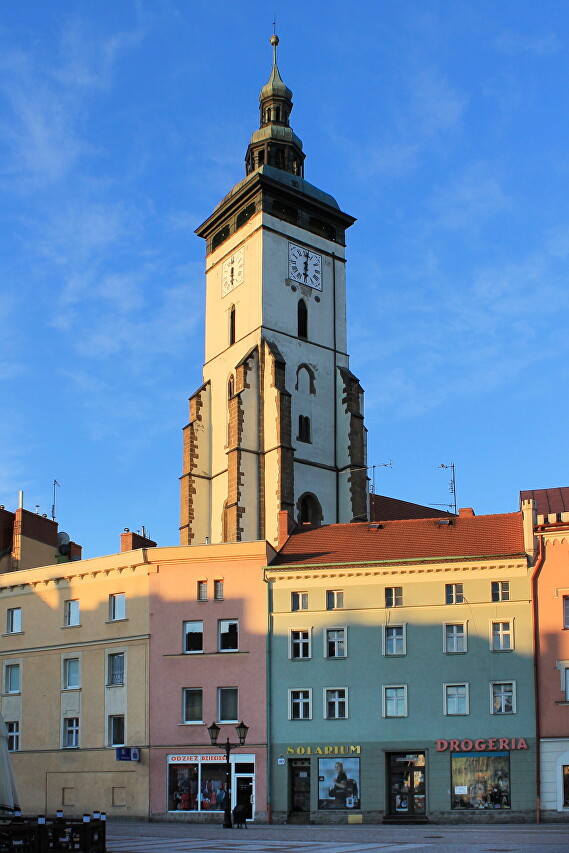
In 1230, the construction of the Church of the Nativity of the Blessed Virgin Mary, which is now a symbol of the city, was completed. Construction was carried out under the patronage of Henry the Bearded. There is reason to believe that this is the first stone church in the Polish lands. In 1241, several hundred citizens took part in the battle with the Mongol horde at Legnica, most of them died, but the Asiatic advance to the west was stopped.
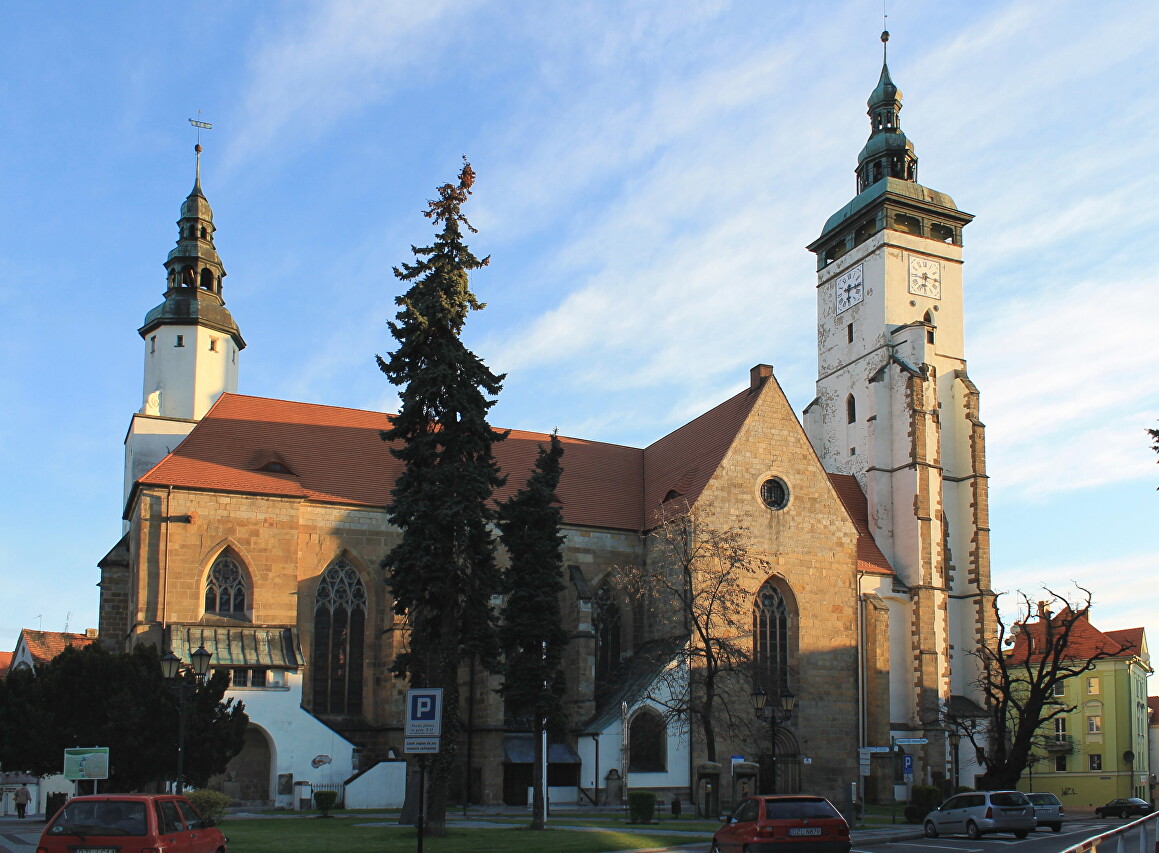
In 1328, the Principality of Legnica became a Czech fief, and during the Hussite Wars in the first half of the 15th century, the city was surrounded by a defensive wall, fragments of which have survived to this day, including the Blacksmith's Tower (Basztą Kowalską). In 1675, after the death of the last ruler of the Piast dynasty, the city came under the rule of the Habsburgs, and in 1742 it was conquered by Prussia. On August 26, 1813, in the battle for the city, Napoleon's troops were defeated by the combined forces of the armies of Prussia and Russia. From 1895 until the end of World War II, the city was called Zlotagóra.
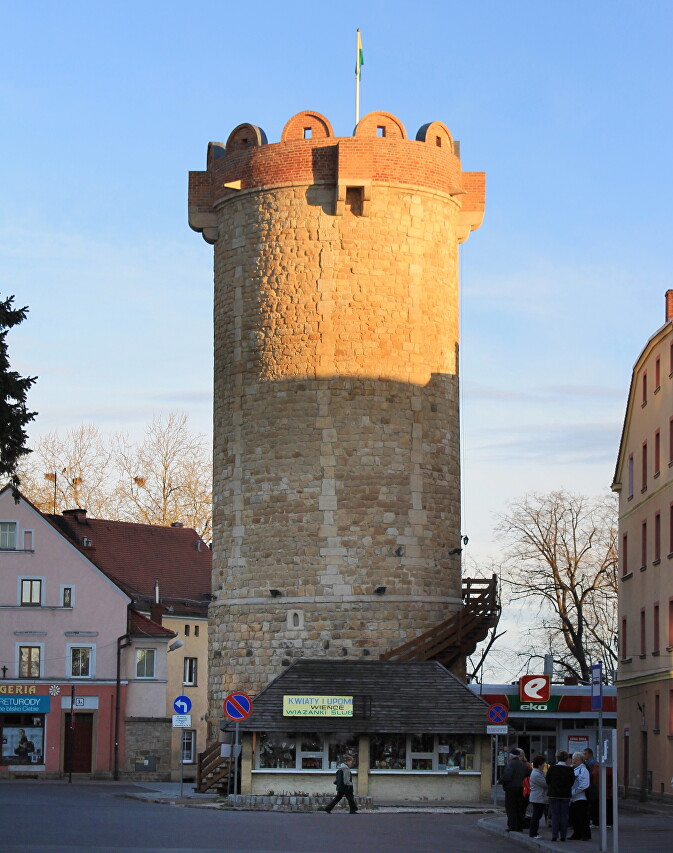
After the defeat of Nazi Germany, the city again became part of Poland and in 1946 received the name Złotoryja. By the early fifties, the German population was evicted to Germany. In the second half of the twentieth century, gold mining resumed in the vicinity of the city, which had not been conducted since the 17th century, and copper mines were also opened that worked until the seventies.
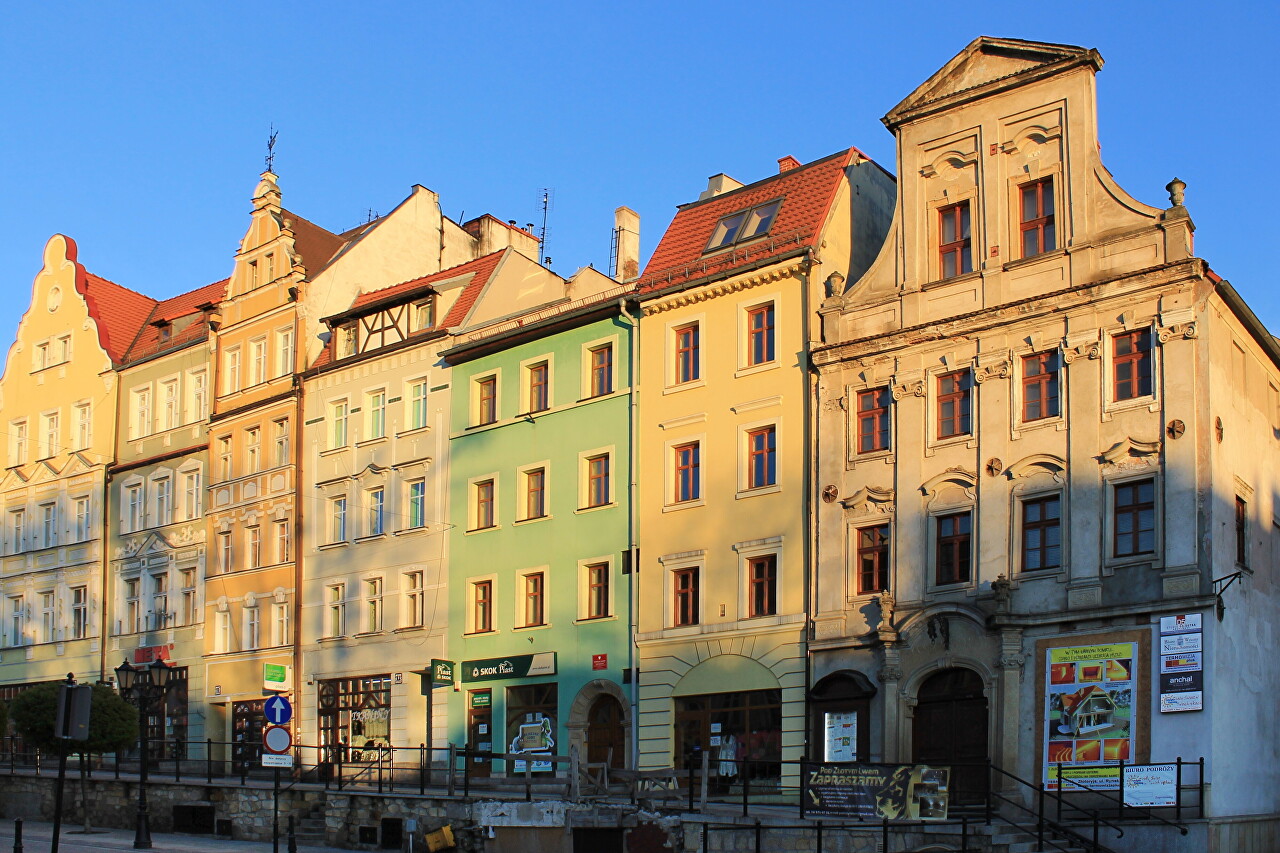
During the communist era, the historical center of the city fell into disrepair, in the mid-nineties, its reconstruction began, and in the first decade of the new century, the city center received the appearance of the 17th century. In 1992, the Polish Brotherhood of Gold Prospectors was founded, which annually holds the national gold washing Championship in Zloty, and in 2000 and 2011, the World Championship was held here.
